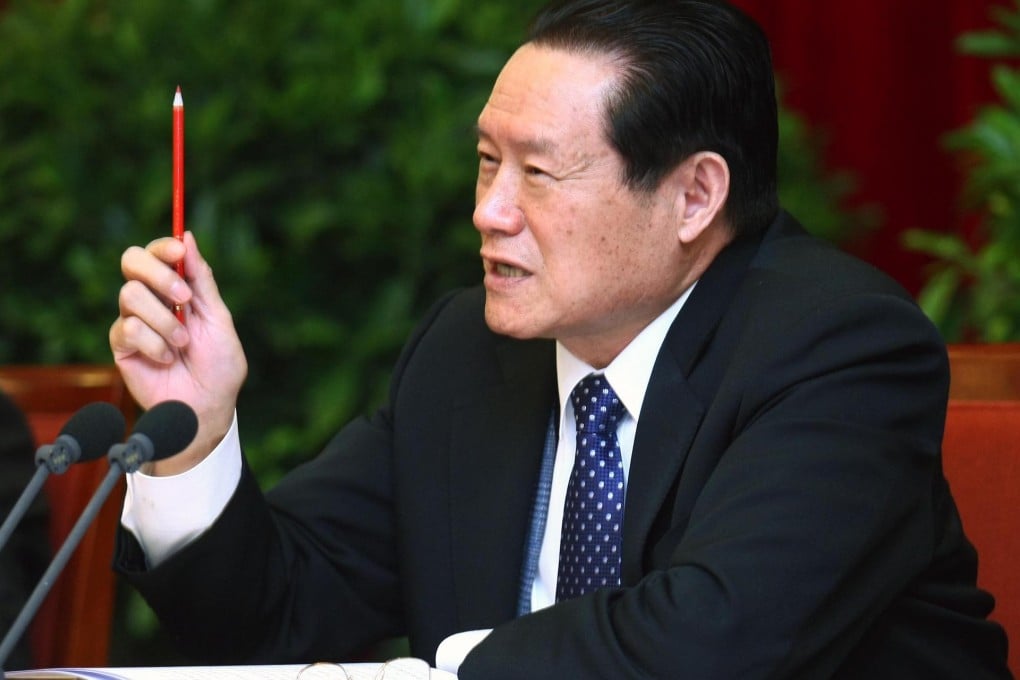Crime and punishment: what will Zhou Yongkang face in court?
Zhou Yongkang faces at least one charge that can carry the death penalty but there's still no certainty about the final outcome in court

Since former security tsar Zhou Yongkang was stripped of Communist Party membership in December, the authorities have applied some of the worst labels to the most senior "tiger" taken down by President Xi Jinping's graft-busting campaign.
Party mouthpiece People's Daily likened him to past party "traitors" while the Supreme People's Court accused Zhou and former Chongqing party chief Bo Xilai of "undermining the party's solidarity and engaging in political activities that are not approved by the authorities".
Former top policy adviser Shi Zhihong also went on the record to confirm a "New Gang of Four", of which Zhou was widely seen as a member.
The other members were Bo, former Central Military Commission vice-chairman Xu Caihou, and Ling Jihua, a one-time top aide to former president Hu Jintao .
But for all the invective, the authorities seem to have held back from pressing the most serious political charges against him, restraint that analysts say may be to avoid too much rattling of the political system.
Zhou will stand trial for taking bribes, abuse of power and leaking state secrets. Of these, "intentionally leaking state secrets" might be the most sensational accusation but the Supreme People's Procuratorate's brief statement on the charges did not say who Zhou gave classified information to.
Mo Shaoping, a Beijing-based lawyer, said the state secrets charge fell under a broader category of crime known as "dereliction of duty", which applied to government employees who intentionally gave classified information to unauthorised recipients. It carries a jail term of up to seven years.